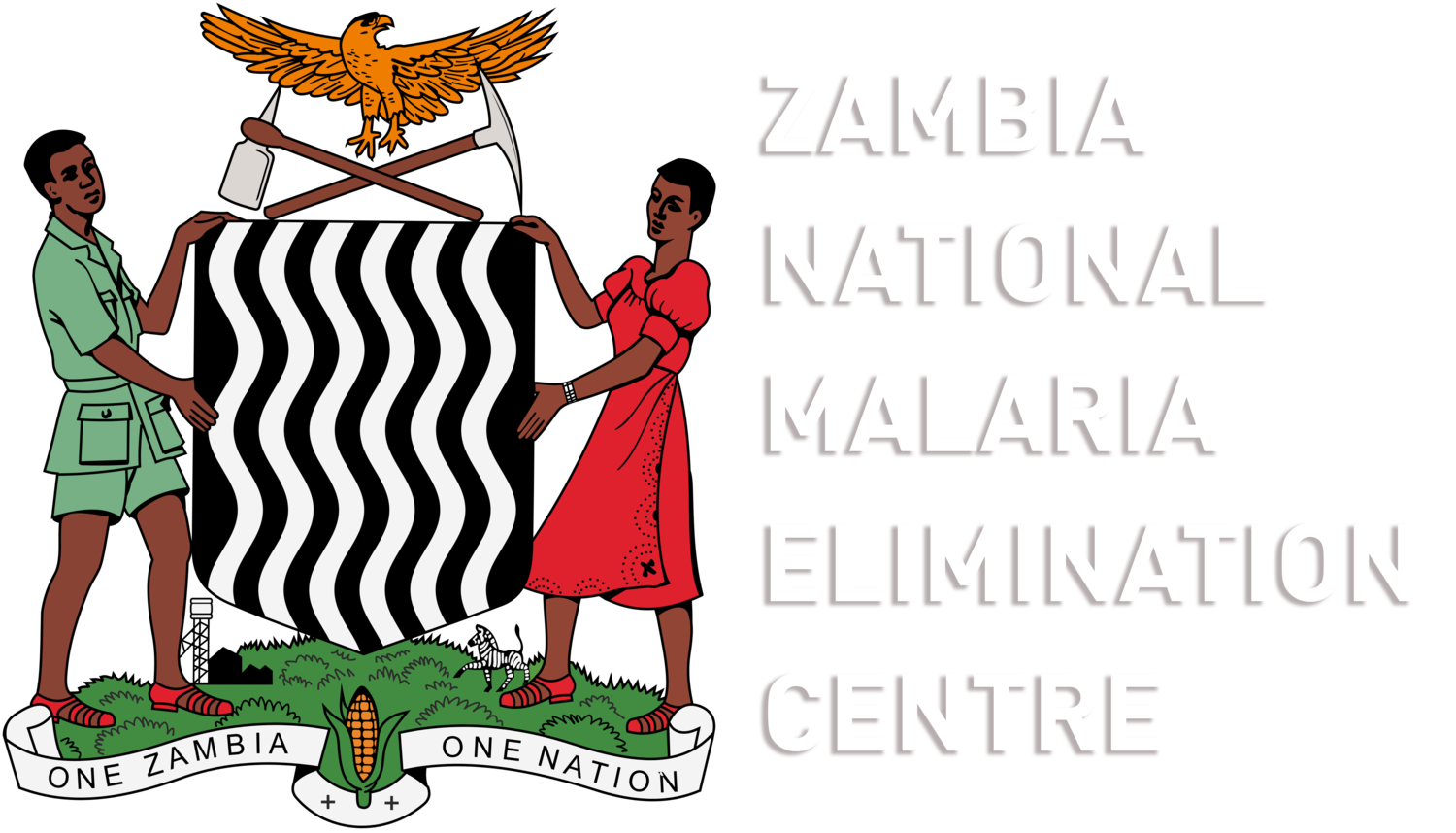Senegal Spotlight
photos and story by Mamadou Goudiaby
As reported in your last Malaria Minute, the Senegal team has been tirelessly traveling the country investigating malaria cases and working with transient populations—particularly transhumants, or semi-nomadic farmers. The MACEPA tea often work late into the night, at times skipping dinner because of the work and spending nights in the car. Follow along with their journey in the photos below.
First, we get to the health post where the index case is notified as soon as possible to investigate and treat the concession/household, according to the FDA process implemented in the North with the National Malaria Control Programme. When we arrive at the health post, the MACEPA team records all positive documented cases with the nurse and the patients’ information: name, address, and phone number when available. In cases where there is no fixed address, the nurse takes down the name of the tribal or concession leader.
With this information, we travel the extent of the health post (sometimes almost 40 km) to find the index case or its tribe (in the case of nomads).
Once the case is found, the investigators document it and complete the investigation form, tracing the itinerary of the case if the sick person traveled within 10 - 30 or 60 days in the district or out of district. The investigator also records the name and age of all those present and those who spend the night in the concession. In the case of transhumants, we go through the forest and ask the villagers and others transhumants the exact location of the family.
After finding the family, we record family members, even those who aren’t there, and give the treatment to the patient to take in front of us (the Directly Observed Treatment method).
MACEPA team investigates until night time, sometimes until 10pm. In the rainy season, they really don’t have time to eat properly because of the heavy workload. They usually spend the night in the villages in a car, at health posts, or in a village leader’s house if possible.










